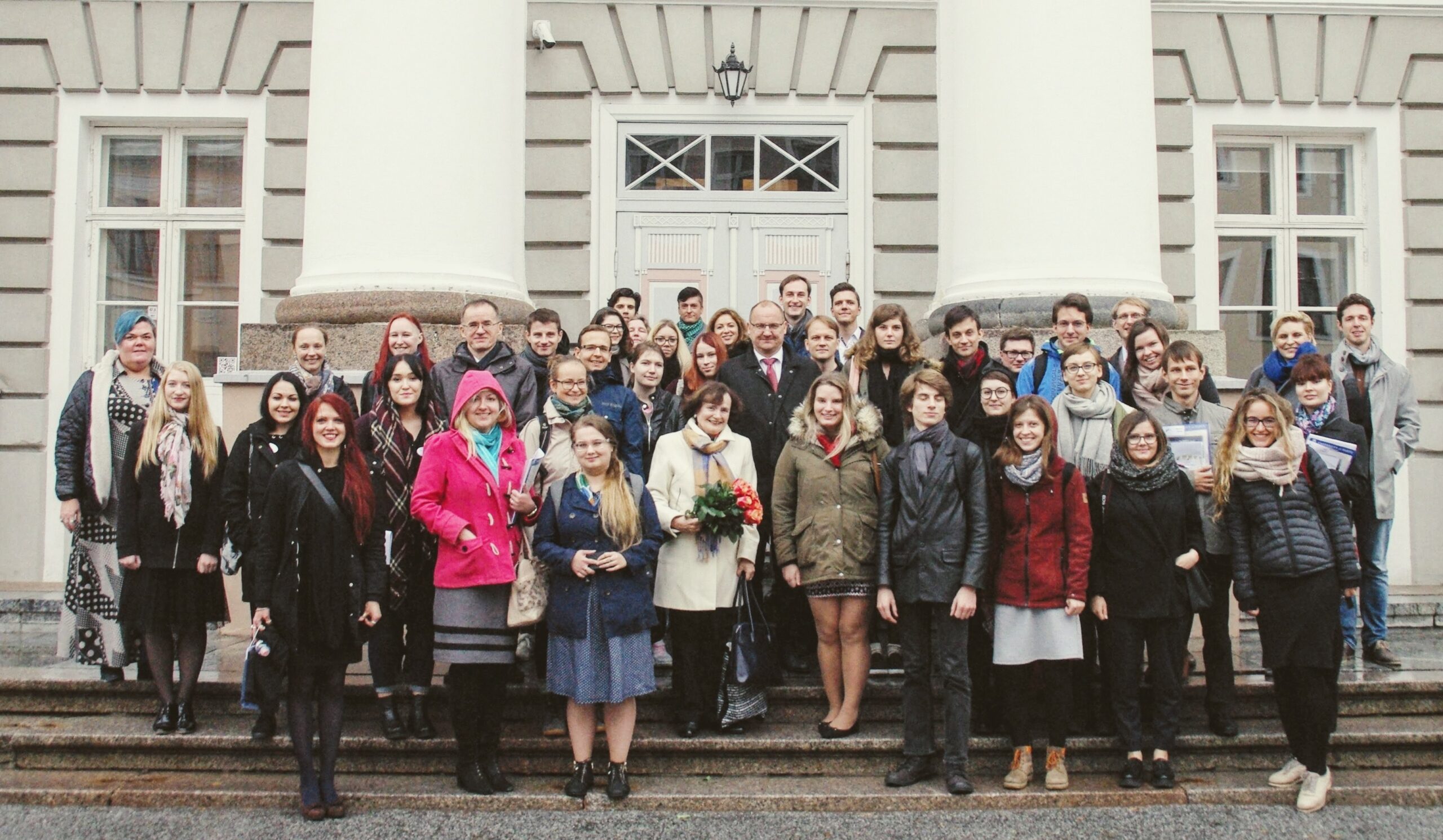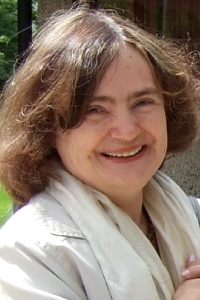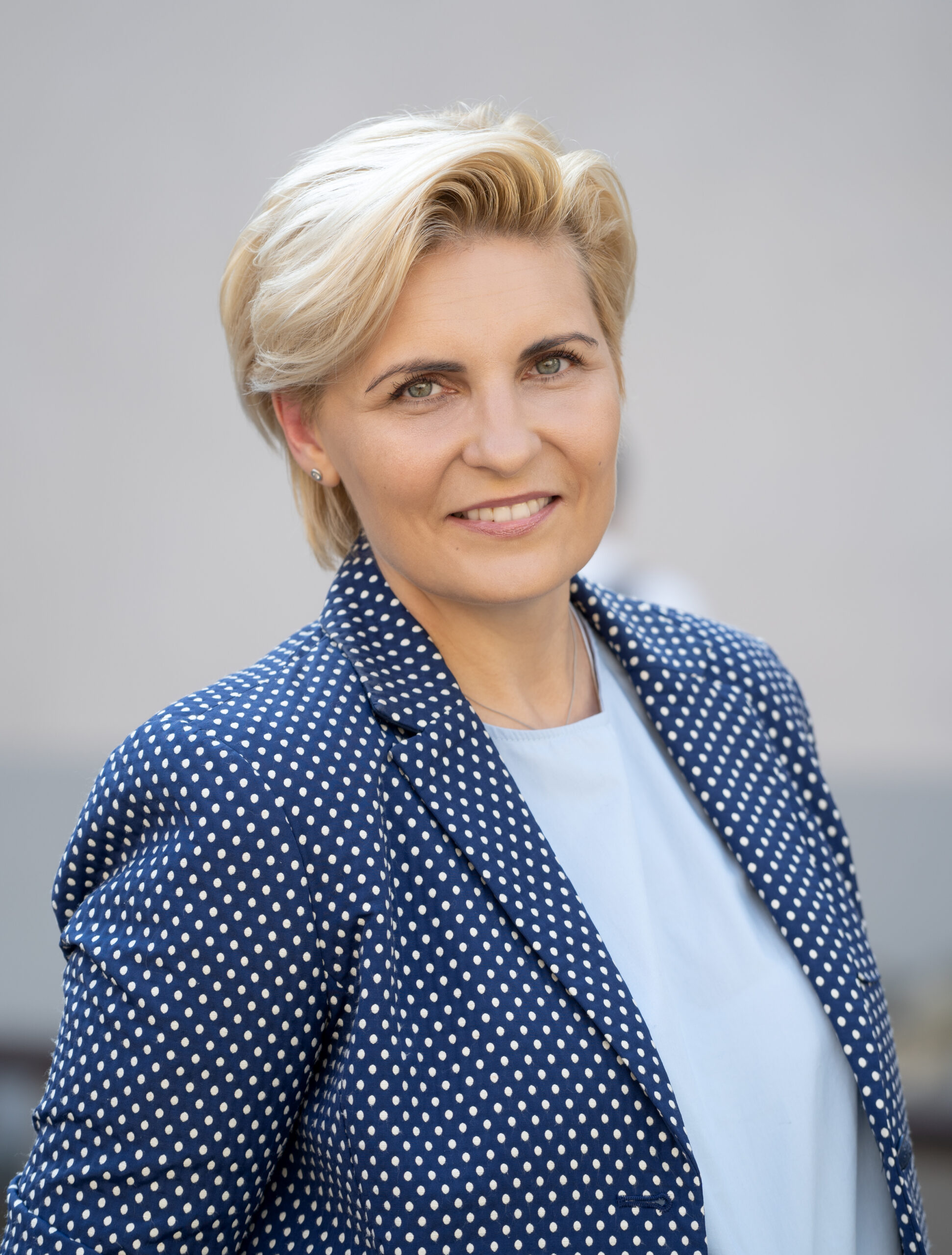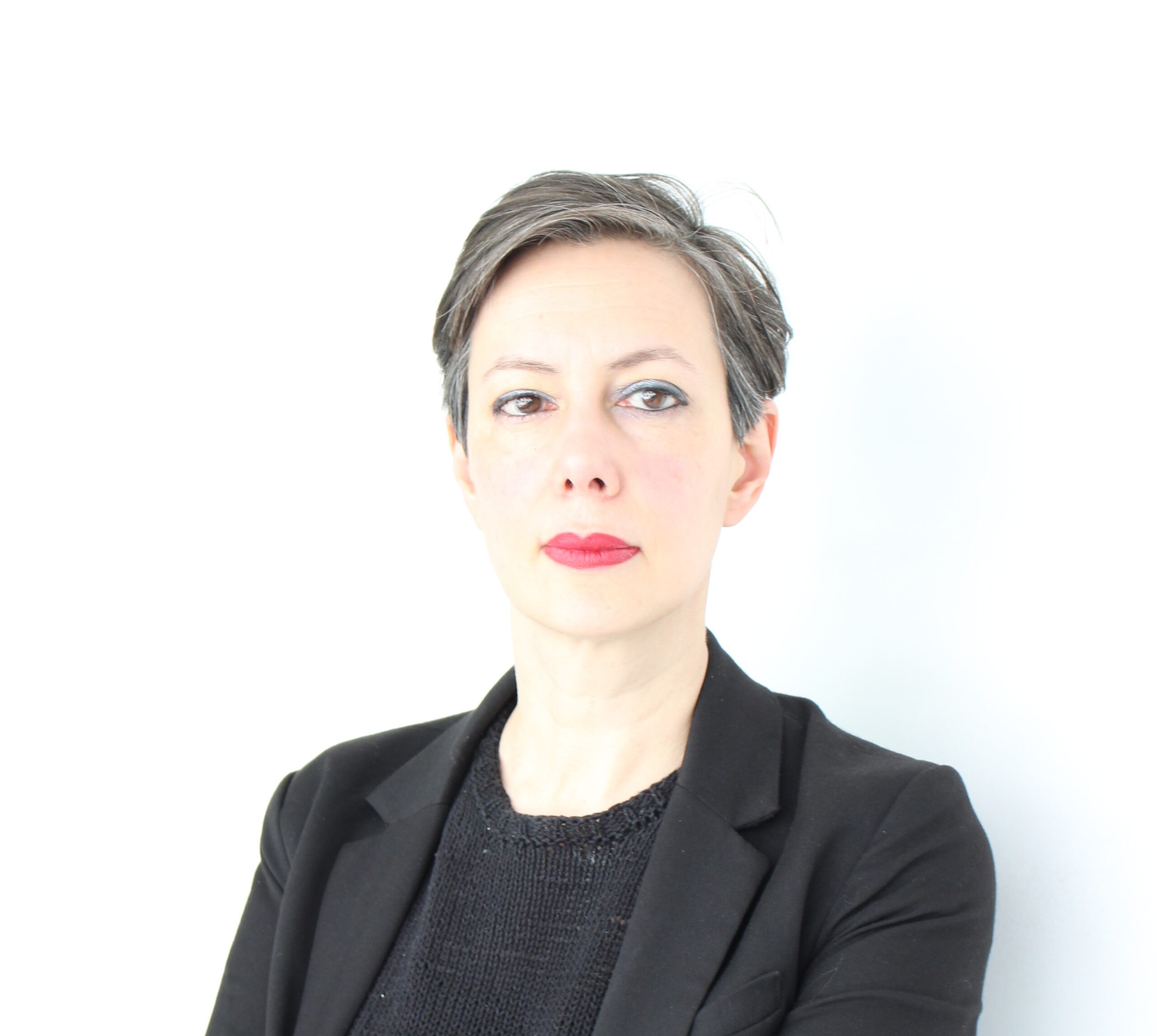BALTIC STUDENT CONFERENCE BRIDGES IN THE BALTICS
Tartu 2018
 The 6th Baltic Student Conference “Bridges in the Baltics” was held on 5–6 October 2018 in Tartu and was organized by the University of Tartu College of Foreign Languages and Cultures. The conference was dedicated to the 100th anniversary of the Baltic States.
The 6th Baltic Student Conference “Bridges in the Baltics” was held on 5–6 October 2018 in Tartu and was organized by the University of Tartu College of Foreign Languages and Cultures. The conference was dedicated to the 100th anniversary of the Baltic States.
Presentations were given by 43 students from 9 countries (Estonia, Latvia, Lithuania, Poland, Sweden, Germany, Czech Republic, Italy, Russia)
- PROGRAMME (updated on September 28)
- ABSTRACTS OF PARALLEL SESSIONS (updated on October 1)
- PARALLEL SESSIONS (updated on October 1)
- PHOTOS
PLENARY SPEAKERS Laimute Balode – Dr.Philol., Assoc. Prof.. of the University of Helsinki / University of Latvia, leading scientific researcher at the Latvian Language Institute of the University of Latvia. Baltic linguist, onomastician. Scientific interests: Latvian and Lithuanian anthroponymy and toponymy, Baltic hydronymy, lexical parallels in Baltic languages. Author of more than 250 publications, one of the authors of Lithuanian-Latvian Dictionary (1995), as well as Short Dictionary of the Origin of Latvian Geographical Names (No Abavas līdz Zilupei, 2015), working at present on the many-volume academic Dictionary of Latvian Place Names. For many years was the director of the Center of Lithuanistics at the University of Latvia. Responsible for Baltic studies at the University of Helsinki (Finland) Conference abstract “Exciting Onomastics”. The presentation introduces not so much with the traditional onomastics which deals mostly with etymology, primary semantics and derivation of place names and personal names, but mainly with recent socio-onomastic studies. The paper relies on recent Latvian onomastic studies, comparing it with analogical research in other Baltic countries. Some of interesting overview in contemporary anthroponymy: study of rare, only once registered personal names in Latvia, as well as new trends and tendencies, choosing the new-born’s name. Socio-anthroponymy nowadays is particularly focused on the phenomenon of name change (fresh research in this field is based on the list of name change cases during 2004–2016, more than 12,616 individual cases in total). Speaking about toponymy, an interest has increased especially in the field of informal or slang urbanonymy – especially in motivation of coining them and usage in youth language. Rather untouched area of contemporary onomastics in the Baltic countries – research on ergonys (names of institutions, companies, firms, enterprises, and other businesses), as well as increasing interest during last decades is causing a quite new area of economonyms (names of commercial products). In the last few years one of the favourite objects of research – special names in the virtual environment (selection of nicknames, names and place names in electronic games, etc.).

Without a doubt, contemporary onomastics includes not only traditional studies of onomastics, but also the research in less known, but not less exciting socio-onomastic fields, i.e., the pragmatics of names.
Jurgita Verbickienė is an associate professor in the Faculty of History at Vilnius University, Historian, researcher of Lithuanian Jewish history and culture, socio-cultural and comparative history of Non- Christian’s minorities in the Grand Duchy of Lithuania
 Conference abstract “The history of one book. The case of anti-Islamic Alfurkan tatarski signed by Piotr Czyżewski.” In the lecture we return to the source that has on many occasions been discussed in historiography by historians, book researchers, and bibliographers: it is known as the book Alfurkan tatarski signed by Piotr Czyżewski. This anti-Islamic pamphlet is one of the anti-Tatar/anti-Islam sources written in the Grand Duchy of Lithuania that has attracted the most attention of the scholars. Despite this circumstance, the question of the authorship of the pamphlet has not been answered. On the basis of four editions of Alfurkan tatarski (1616, 1617, 1640, and 1643), the lecture raises and substantiates the idea regarding the author of this text, and recreates the circumstances of the binding of the book (printing of its separate parts) and its introduction into the book market of the Polish-Lithuanian Commonwealth.
Conference abstract “The history of one book. The case of anti-Islamic Alfurkan tatarski signed by Piotr Czyżewski.” In the lecture we return to the source that has on many occasions been discussed in historiography by historians, book researchers, and bibliographers: it is known as the book Alfurkan tatarski signed by Piotr Czyżewski. This anti-Islamic pamphlet is one of the anti-Tatar/anti-Islam sources written in the Grand Duchy of Lithuania that has attracted the most attention of the scholars. Despite this circumstance, the question of the authorship of the pamphlet has not been answered. On the basis of four editions of Alfurkan tatarski (1616, 1617, 1640, and 1643), the lecture raises and substantiates the idea regarding the author of this text, and recreates the circumstances of the binding of the book (printing of its separate parts) and its introduction into the book market of the Polish-Lithuanian Commonwealth.
 Anna Verschik is professor of general linguistics at Tallinn University. Her field is language contacts and multilingualism. She has published extensively on the impact of Estonian on the local variety of Russian, on Baltic sociolinguistics, and on varieties of Yiddish in the Baltic region, including Yiddish-Lithuanian bilingualism. She has edited special issues on language contacts in the post-Soviet space and on contacts of Estonian.
Anna Verschik is professor of general linguistics at Tallinn University. Her field is language contacts and multilingualism. She has published extensively on the impact of Estonian on the local variety of Russian, on Baltic sociolinguistics, and on varieties of Yiddish in the Baltic region, including Yiddish-Lithuanian bilingualism. She has edited special issues on language contacts in the post-Soviet space and on contacts of Estonian.
Conference abstract “Comparative sociolinguistics of the Baltic states”. The paper discusses the notion of sociolinguistics and its scope and concentrates in particular on comparative and historical sociolinguistics. It is stated sometimes that “Baltic” is an old and foreign construct (i.e., coined by Baltic Germans) and, therefore, does not cover modern Lithuania, Latvia and Estonia. At the same time, despite obvious differences between the societies and cultures in question, there are many similarities that cannot be ignored. The paper provides a brief overview on topics in sociolinguistics of the three countries and reflects upon gaps and possibilities for future research.


